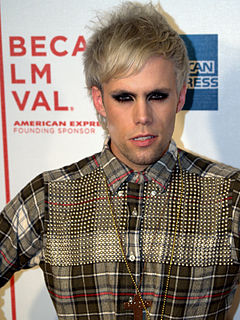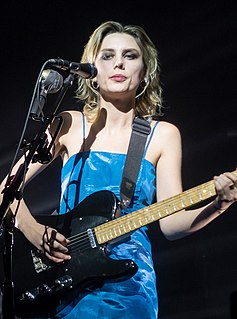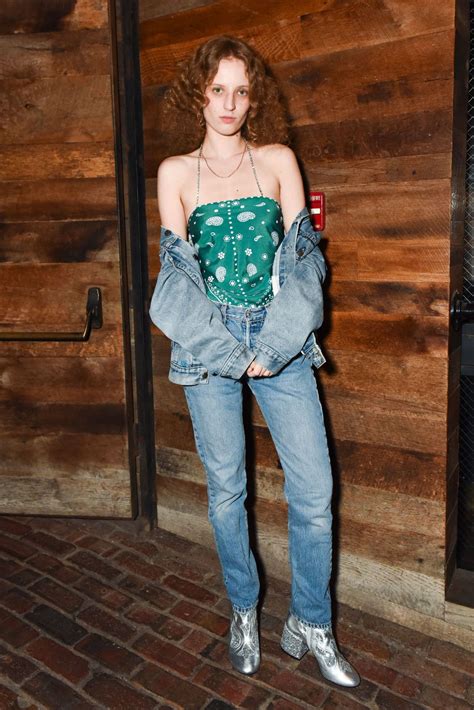A Quote by Justin Tranter
I think that because we have these big female pop stars, people forget that women and marginalized people are so underrepresented in this business.
Related Quotes
I think people always have - not just journalists who help their careers, I think all people struggle with this idea that a female pop artist can write all her songs. Even I do it sometimes, you see a really good female pop artist and you're like, 'I wonder if she writes her songs.' That's never really my first initial reaction to a male popstar.
I don't know why women would think they would be underrepresented in that 40 per cent, and I do not know why they think they would be underrepresented in that 60 per cent either. Because, any community that has their traditional leader in the area, one would expect that, among the people, they would want to ensure that this committee, that 60%, is properly representative.
I think the superhero platform gives the female character, you know, a relate-ability for the male audience as well. So, I think that's why people are kinda gravitating towards female super hero characters, and also female characters in general as big parts of the film. So, that's great for us, female actors who want to do roles like that, which is really great.
Literary fiction and poetry are real marginalized right now. There's a fallacy that some of my friends sometimes fall into, the ol' "The audience is stupid. The audience only wants to go this deep. Poor us, we're marginalized because of TV, the great hypnotic blah, blah." You can sit around and have these pity parties for yourself. Of course this is bullshit. If an art form is marginalized it's because it's not speaking to people. One possible reason is that the people it's speaking to have become too stupid to appreciate it. That seems a little easy to me.




































